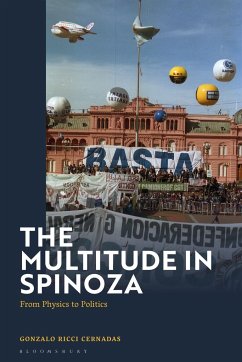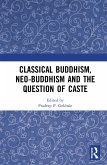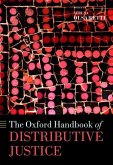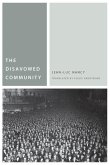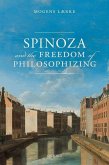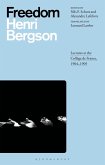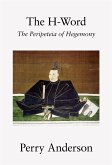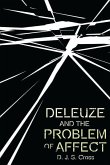With the rise of populist governments and corresponding popular protests, this book turns renewed focus on Baruch Spinoza's idea of the political multitude. Acting at once as a body with a single mind and a state with its own political-institutional structure, the multitude mirrors some of the central actors in democratic movements across early 20th-century Europe - from Occupy Wall Street to Indignados and Nuit Debout. Gonzalo Cernadas draws from two of Spinoza's key works on this subject in his Political Treatise and Theological-Political Treatise, setting out the progress of his ideas: how Spinoza conceives of the body, how that body can become part of the multitude, and how that multitude can form a political society. In recovering Spinoza's relevance to contemporary political phenomena, Cernadas explains why this early modern thinker has found renewed importance three hundred and fifty years after his death, and ultimately how he could even prompt us to reassess democracy as the best form of government.
Hinweis: Dieser Artikel kann nur an eine deutsche Lieferadresse ausgeliefert werden.
Hinweis: Dieser Artikel kann nur an eine deutsche Lieferadresse ausgeliefert werden.
